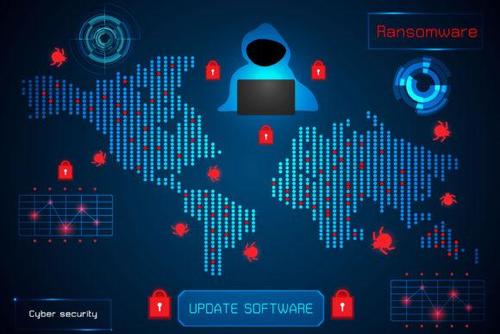Energy Companies Are Scrambling For Cyber Insurance
Authored by Irina Slav via OilPrice.com,
U.S. energy companies are urgently building their cyberattack insurance coverage following the Colonial Pipeline network attack earlier this month, Reuters has reported, adding that premiums were likely to rise on this increased demand.
A ransomware attack shut down the largest fuel pipeline in the United States two weeks ago, causing panic buying of gasoline and diesel along the East Coast and a consequent shortage of fuels that shut down hundreds of filling stations. The pipeline was restarted after its operator paid the hackers some $4 million.
The Colonial pipeline is the biggest pipeline infrastructure in the United States, running 5,500 miles from Houston to Linden, New Jersey, carrying some 2.5 million barrels of gasoline and diesel daily.
The attack was a wake-up call for businesses and the government alike, showing the growing vulnerability of systems increasingly dependent on software. Now, everyone wants more insurance against cyberattacks.
As with other services where demand greatly outstrips supply, the spike in demand is sending prices higher, with insurers now preparing to increase premiums by as much as 25 to 40 percent, Reuters reports. The increase will not be only for the energy industry, the report also notes.
Currently, only some 50 percent of pipeline operators in the United States are insured against cyberattacks, according to Crum & Forster executive, as quoted by Reuters.
The cyber insurance industry is a growing one, the Insurance Journal noted in a recent report that also said last year had seen a more than 28-percent increase in standalone cyber policy premiums. Between 2017 and 2020, premiums grew at an average annual rate of 19 percent. Claims, meanwhile, grew a lot more, by 38 percent, the report also noted. In 2020, the cyber insurance market in the country hit $2.7 billion.
Ransomware attacks are quickly turning into a serious problem globally, Fitch Ratings noted following the Colonial Pipeline attack. In 2020 alone, they shot up by as much as 485 percent.
Tyler Durden
Fri, 05/28/2021 – 13:48
via ZeroHedge News https://ift.tt/34t3hjc Tyler Durden

